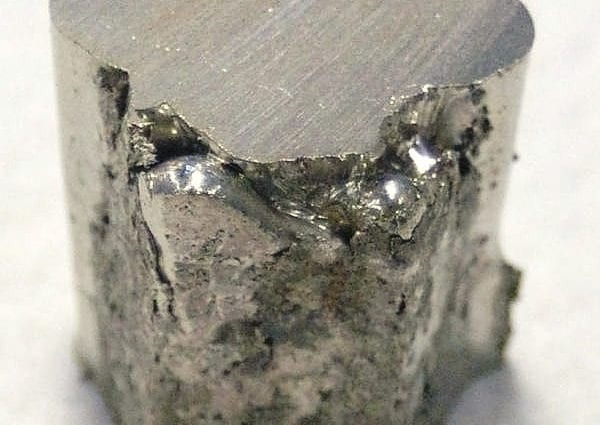Contents
Nickel is found in very small amounts in blood, adrenal glands, brain, lungs, kidneys, skin, bones and teeth.
Nickel is concentrated in those organs and tissues where intensive metabolic processes, biosynthesis of hormones, vitamins and other biologically active compounds take place.
The daily requirement for nickel is about 35 mcg.
Nickel-rich foods
Indicated approximate availability in 100 g of product
Useful properties of nickel and its effect on the body
Nickel has a beneficial effect on the processes of hematopoiesis, helps cell membranes and nucleic acids to maintain a normal structure.
Nickel is a constituent of ribonucleic acid, which facilitates the transfer of genetic information.
Interaction with other essential elements
Nickel is involved in the exchange of vitamin B12.
Signs of excess nickel
- dystrophic changes in the liver and kidneys;
- disorders of the cardiovascular, nervous and digestive systems;
- changes in hematopoiesis, carbohydrate and nitrogen metabolism;
- dysfunction of the thyroid gland and fertility;
- conjunctivitis complicated by corneal ulceration;
- keratitis.










